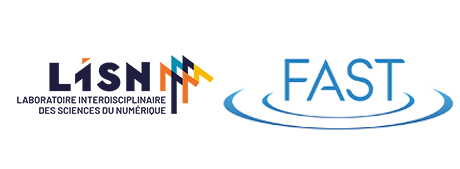
Modern control algorithms, based on the Riccati equation, are usually difficult to apply to real applications such as eg. the flow past a bluff body or a spatially developing boundary layer because of the large number of degrees of freedom originating from the discretized Navier-Stokes equations. In this seminar we want to show some recent methods that can make mathematically rigorous optimal control a reality without introducing approximations or modeling. In the first part of the seminar the derivation of two different methods will be presented in order to obtain the optimal feedback gain. The first method is the "minimal control energy" or "small gain solution" and it will be shown that K is efficiently computed solely based on the left eigenvectors of the open-loop system and the corresponding eigenvalues. The second method, denoted Adjoint of the Direct Adjoint (ADA), is an iterative method solving K without limitations on the control energy. In the second part of the seminar examples will be shown when these methods are applied to control the wake behind a cylinder, and transition control in flat plate boundary layer flows. Further, a discussion regarding numerical issues will be made. In the last part of the seminar future applications will be discussed in order to approach more realistic applications in which the underlying flow might be turbulent. In this case we apply the above mentioned models on the governing mean flow instead of the stationary, marginally stable, flow.